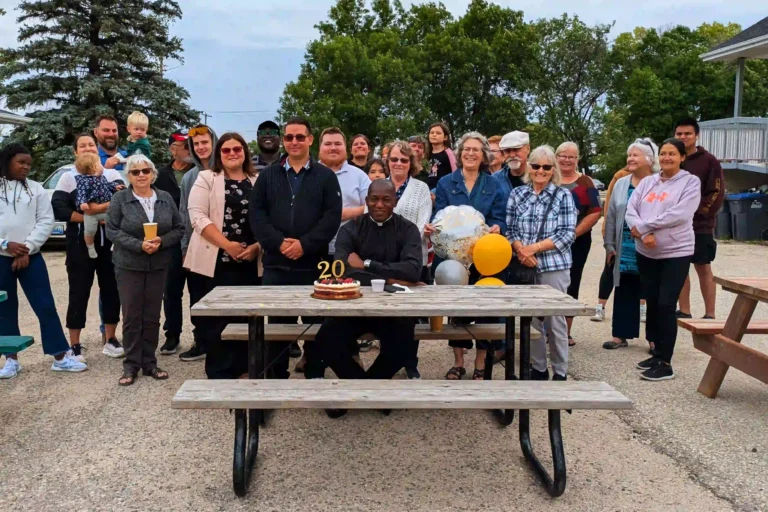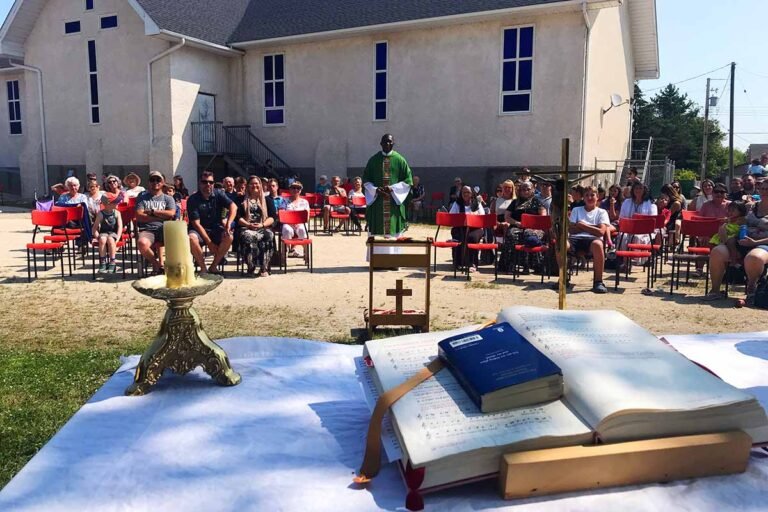Ash Wednesday often carries an undeserved stigma. At first glance, the beginning of Lent each year might not strike us as particularly uplifting. As we receive ashes on our foreheads, we hear the sobering words: “Remember that you are dust, and to dust you shall return” (cf. Genesis 3:19).
On the surface, this “return to dust” hardly seems like a cause for joy. Death, after all, is not a topic we naturally embrace, let alone celebrate, in our liturgy or personal prayer. Yet, if we pause to look more deeply, we discover that Ash Wednesday’s message is far less about death and far more about life—life as it unfolds on this side of eternity, not merely beyond it. To be human is to bear a dual reality: we are both blessed and broken.
Ash Wednesday offers us a sacred invitation to gaze upon our brokenness—not with despair, but with hope—knowing that through it, God brings healing, strength, and courage. This season does not glorify brokenness as an end in itself; rather, it reveals how God meets us in our fragility. In Catholic theology, we might call this a graced vulnerability—a state of being that echoes the humility of Christ, who “emptied himself, taking the form of a slave” (Philippians 2:7).
To be vulnerable is to be exposed, to stand open before God and others. It means allowing the parts of ourselves that are neither strong nor beautiful to be seen, trusting that divine love can transform what we too often hide. Suffering, as unwelcome as it may be, has a unique way of peeling back the layers of pride and self-sufficiency that cloak our hearts. In this stripping away, we make room for an encounter with the Divine Physician, who heals not merely our bodies but our souls. The ashes we wear are a tangible sign of this truth: we are dust, yes, but dust beloved by God, dust destined for redemption. As St. Augustine reminds us, “You have made us for Yourself, O Lord, and our hearts are restless until they rest in You.” Our vulnerability, then, is not a flaw to be lamented but a doorway to authenticity—a path to becoming the truest versions of ourselves, as God intended from the beginning.
“You have made us for Yourself, O Lord, and our hearts are restless until they rest in You.” St. Augustine
The dust of Ash Wednesday roots us in our spiritual DNA as creatures fashioned by a loving Creator (Genesis 2:7). It reminds us that we are not self-made but God-made, dependent on His grace for every breath. Far from a dour commemoration of mortality, this day beckons us to surrender our wounds to the One who makes all things new (Revelation 21:5). God stands ready to mend our brokenness, to render us more whole than we could ever imagine. Ash Wednesday is thus a clarion call: clear the clutter of your heart, make space for the Holy Spirit, and let divine grace work within you. In the words of the Psalmist, “A broken and contrite heart, O God, you will not spurn” (Psalm 51:17).
This Lent, let us embrace the ashes not as a mark of defeat but as a badge of hope—a sign that, through our vulnerability, we are being drawn ever closer to the heart of God.
Adapted and expanded from Franciscan Media.




